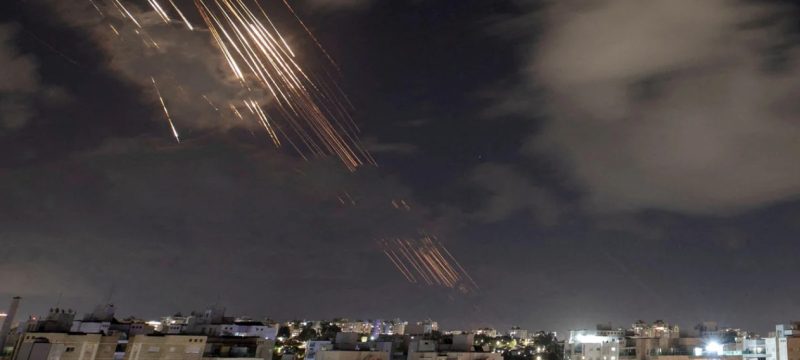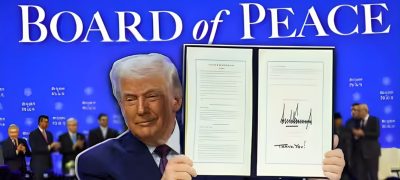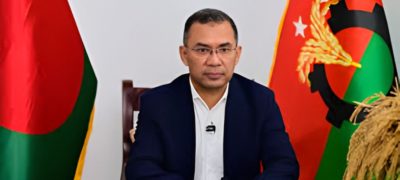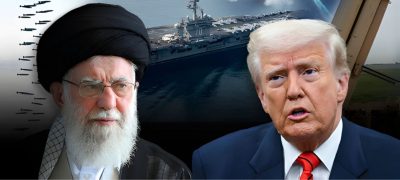The conflict between Israel and Iran, as you described, highlights the intensifying geopolitical tensions and the broader implications for the region. Israel’s retaliatory strikes against Iran mark a significant escalation, especially with the involvement of Iran’s proxy networks, including Hamas, Hezbollah, and others spread across the Middle East.
From a strategic standpoint, the contrast between Israel’s conventional military power and Iran’s asymmetric warfare tactics is crucial. As per Ivan Arreguin Toft’s “Theory of Strategic Interaction,” weaker actors often prevail in conflicts when they adopt indirect or unconventional approaches against stronger, more conventional forces. Iran’s reliance on proxy networks like Hezbollah, Houthis, and others falls into this category, using a decentralized strategy to exert pressure on Israel without direct confrontation.
Also Read: Israel Attacks Iranian Military Targets; Tehran Claims Damage is ‘Limited’
On the other hand, Israel’s advanced defense systems, such as Iron Dome, Arrow 2, and Arrow 3, are designed to counter missile threats. This gives Israel an upper hand in intercepting potential missile attacks from Iran, especially given their coordination with U.S. intelligence and technology.
However, as you rightly pointed out, while Israel may succeed tactically in launching precise strikes, Iran’s long-term strategy, based on asymmetric warfare and proxy forces, could continue to challenge Israel’s security in the region. This ongoing cycle of escalation, particularly without addressing the underlying issues, risks further destabilizing the region.
The potential for Iran to develop nuclear capabilities, although not fully realized, remains a critical concern. If Iran were to reach nuclear weaponization, it would dramatically alter the balance of power in the region and escalate the risks of a larger, potentially catastrophic conflict. Israel’s nuclear deterrence and close ties with the U.S. add another layer of complexity to this equation.
In conclusion, the current situation underscores the need for diplomatic interventions to prevent further escalation and to address the broader causes of conflict. The possibility of a nuclear arms race in the Middle East, if not curbed, poses a serious threat to regional and global stability.









